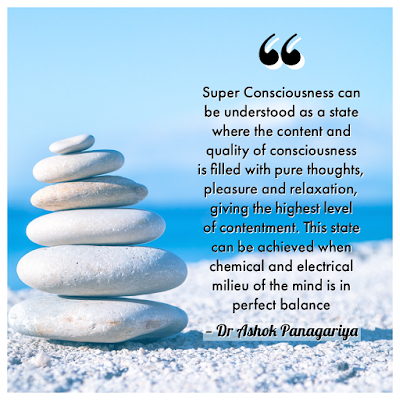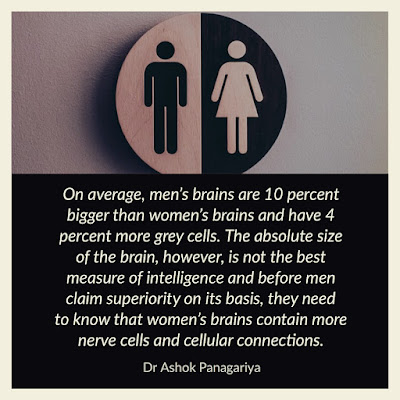Disease-free isn't the same as happy. Here's why
Does being healthy in body ensure healthy mind and happy
spirit? Not necessarily. The World Health Organisation (WHO) defines health as
‘A state of complete physical, mental and social well-being and not merely
an absence of disease or infirmity.’ Herein lies, the role of understanding
the mind and using its positive attributes to achieve happiness.
Human health has always been the epicentre of debate,
not only for medical scientists but also for philosophers and religious leaders.
The scientific and esoteric or spiritual traditions have remained clearly at
odds with one another since the time of Galileo. The rift peaked in the late
19th century, when mankind was asked to choose between science and the supernatural. Ever since newer
discoveries began in the 20th century, the divide between science and
philosophy has gradually been getting blurred. For once, each is coming closer
to the other and the fact has been aptly summed up in the WHO definition.
The human mind is a product of billions of years of
cosmic and biological evolution. Followers of the Philosophical Science of Mind
(PSM) believe it includes the best in science, religion and philosophy.
According to PSM, every individual owes the course of his or her life, success
or failure, health or sickness, happiness or disappointment to a mental process. The mental process, it
believes, functions according to a universal law based on spirituality.
This lays down the grounds for recommendation of
spiritual healing for the mind through affirmative prayer and meditation. PSM
believes that through prayers and meditation, an individual becomes more
attuned to God’s nature. The proponents of PSM do not accept the affiliation
with Scientology but often talk of Spirituality.
When we talk of Science of Mind in neurological terms,
the role of electrical and chemical events can be proven scientifically. The
neural network brings about changes in the thought process, consciousness and
pleasure system. Chemical substances like serotonin, dopamine, acetylcholine
and endorphins produce a sense of well-being, pleasurable experiences, and
effective memory and pain-free positive emotions.
The Philosophical Science of Mind also believes that
healing of the ailing can occur through the religious power of mind. A scientist
talking about the mind feels it contributes to healing by activation of the
neural network, while cure is likely to occur after a correct diagnosis and wholesome
treatment that helps a person find his peace along with his health.
Thus the best for the mankind would be a holistic
approach merging science with philosophy by learning newer developments in
science and understanding spirituality.
However, a word of caution: Spirituality could help
prevent lifestyle disease and may facilitate recovery but only scientific
treatments, that too after proper diagnoses, can control or cure diseases.
If the raging pandemic has taught us anything, it is the importance of mental well-being and finding that which brings us peace as the crux of overall well-being. Not all of us have bee or will be infected by the virus. But hiding in our houses trying to dodge an invisible enemy is nibbling away at our sanity and hope. We might not be diseased, but we could be far from being happy. This is where science and philosophy can heal us and make us whole.



Comments
Post a Comment